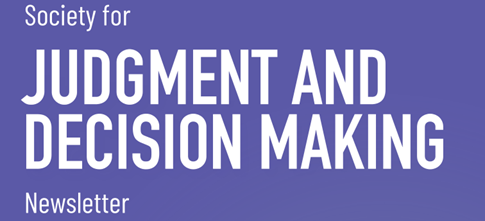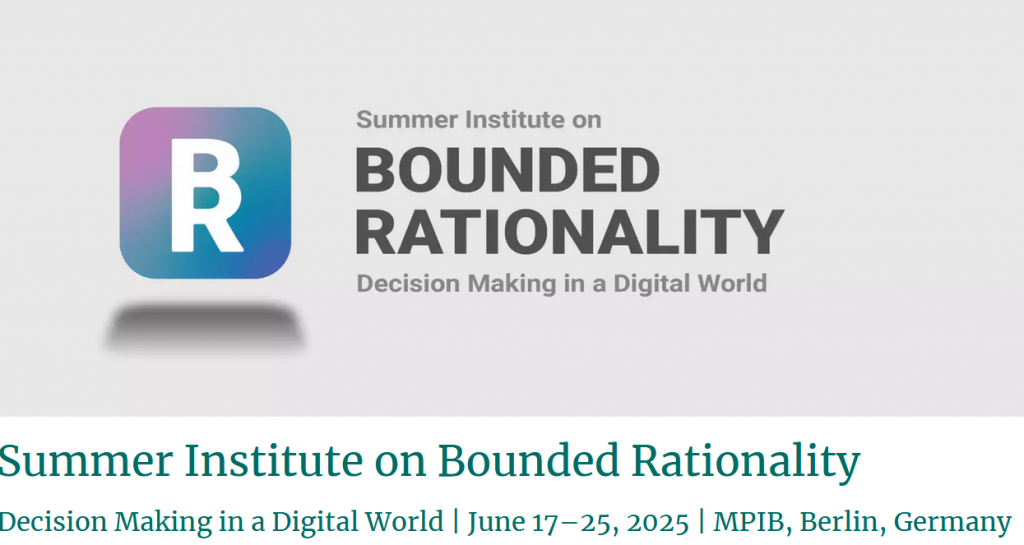COGNITION AND COGNITIVE NEUROSCIENCE LECTURER POSITION – UNIVERSITY OF MICHIGAN

The Department of Psychology in the College of Literature, Science, and the Arts at the University of Michigan seeks applicants with a Ph.D. in Psychology, Cognitive Science, or related fields for a full time new Lecturer III position to begin August 25, 2025. This is a non-tenure track position, with a University Year appointment period (i.e., runs September 1 through May 31 each year).
A typical full-time (100% effort) load for a Lecturer III in the College of Literature, Science, and the Arts is three (3) courses per semester, or the equivalent in administrative and/or service duties. The initial appointment period will be three years, and the appointment may be renewed (based on programmatic need, funding, and performance). The appointment is subject to final approval by the college.
We seek a Psychology Ph.D. trained in Cognitive Psychology and/or Cognitive Neuroscience to contribute to our undergraduate teaching mission. The teaching load is six courses per year, with one course release for advising, and participation in the department community through service (e.g., department committees, interviewing future lecturers). Successful candidates will be prepared to teach Intro to Cognitive Psychology as a large lecture course (n =300) with graduate student assistants as well as smaller courses on topics within their expertise. High-priority topics include Decision Making, Psychology of Thinking, Creativity, Second Language Acquisition, and Psychology of Language, although candidates specializing in other topics will be considered. There will also be opportunities to develop new courses.
Qualified candidates will have a Ph.D. in psychology, cognitive science or in a related field prior to the start date of the position; previous instructional expertise; and strong collaborative, organizational and communication skills with both faculty and students. Excellence in teaching and instructional service will be the principal criteria used to select the successful candidate.
Upload application, curriculum vitae, a statement of teaching philosophy and experience, evidence of teaching excellence, and contact information for three letters of reference at
http://apply.interfolio.com/160580.
Our department serves students from a wide range of backgrounds, including many first-generation, rural, and international students. Your teaching statement should reflect how you can support their learning. If applicable, you may also include a paragraph at the end of your teaching statement about prior departmental service or community outreach, but this is not required. Additionally, please provide a diversity statement that describes your demonstrated commitment to diversity, equity, and inclusion through teaching/mentoring, and/or service/engagement. There may be some overlap with your teaching statement.
Applications will be evaluated on a rolling basis. The preferred deadline for applications is January 15, 2025, although application review may continue through February. We anticipate conducting virtual interviews in late January, in-person interviews in February, then notifying the successful candidate in March 2025.
Questions about the position can be directed to the search committee co-chairs, Dr. Cindy Lustig (clustig@umich.edu) or Dr. Julie Boland (jeboland@umich.edu)
Why you should apply: The Psychology Department maintains a strong community for lecturers, including a new mentorship program and a 94% job satisfaction rate. The University provides excellent benefits, including health care, retirement plans, and professional development funding. Ann Arbor is consistently ranked as a top city for its culture, walkability, and outdoor activities. This is a great place to live and work, and we look forward to welcoming you!
Mission Statement:
The mission of the University of Michigan is to serve the people of Michigan and the world through preeminence in creating, communicating, preserving and applying knowledge, art, and academic values, and in developing leaders and citizens who will challenge the present and enrich the future.
Union Affiliation:
This position is covered under the collective bargaining agreement between the U-M and the Lecturers Employee Organization, AFL-CIO, which contains and settles all matters with respect to wages, benefits, hours and other terms and conditions of employment.
Background Screening:
The University of Michigan conducts background checks on all job candidates upon acceptance of a contingent offer and may use a third party administrator to conduct background checks. Background checks are performed in compliance with the Fair Credit Reporting Act.
U-M EEO/AA Statement
The University of Michigan is an equal opportunity/affirmative action employer.





